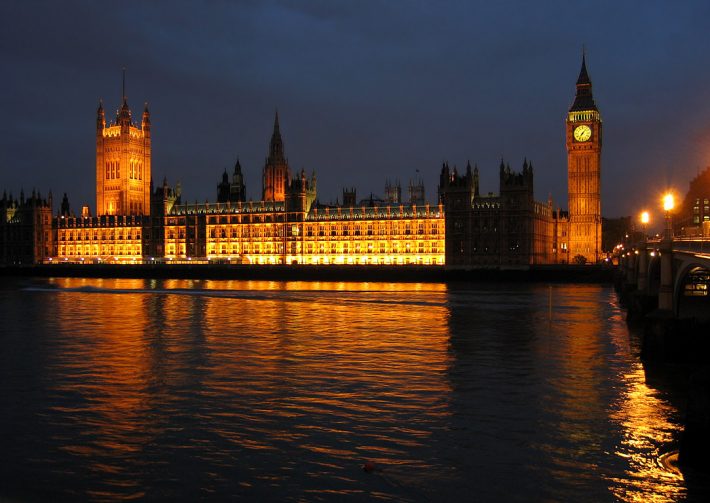A General Election from out of the blue: What does this mean for ecology?
On the 18 April the Prime Minister, Theresa May, called a ‘snap’ general election to take place on 8 June.

The following day, Parliament backed this decision, surpassing the two thirds majority (522 votes to 13) required by the Fixed-term Parliaments Act, allowing the Government to proceed with an early election. Parliament will be dissolved on 3 May, leaving little time for ongoing Parliamentary business to be concluded.
The Prime Minister has argued that a fresh mandate would strengthen her hand in Brexit talks and provide certainty for the future. The announcement was a surprise to many of us. In the short-term the election could add to the uncertainty that has been generated by the Brexit vote and the triggering of Article 50. In terms of policy, the immediate consequence of this decision is the impact on both Parliament and Government as MPs and the political party machines go full throttle into election mode. Major policy decisions are likely to be put on hold as MPs focus their efforts on campaigning in their constituencies.
Formal rules exist about what Parliamentary business can occur in the remaining period of time before the dissolution of Parliament. This involves discussions between the opposition and the Government about which bills can make it through and which will need to be abandoned. The Higher Education and Research Bill could still become legislation in this Parliament, although compromise will need to be reached on some amendments. The Great Repeal Bill will also have to wait until a new Parliament. Defra’s 25 year plans for Food and Farming, and the Environment have been delayed numerous times and both look unlikely to emerge before the election. Select committees will also shortly be dissolved and therefore ‘open’ inquiries will be put on hold.
Although, an election scheduled to coincide within the two year negotiation period appears to eat into valuable time that could have been dedicated to Brexit discussions with the EU, serious negotiations were unlikely to take place until after the French and German elections at the end of summer. As an independent learned society and charity, the BES is completely politically neutral, and does not endorse any political party or candidate, or their policies. However, once manifestos are published we will provide summaries on the environment and science policy pledges of the main political parties. As Brexit is likely to take prominence in this election, and has such significant implications for ecology and the environment, we will also highlight each party’s position in regards to Brexit negotiations.
In the run-up to the general election in 2015 BES engaged with its members through a number of ways. In partnership with CIEEM and The Sibthorp Trust, we hosted “People, Politics and the Planet: Any Questions?” which gave the six largest political parties an opportunity to debate their environmental policies. During this short election campaign we will focus on ensuring that members are kept informed of the latest developments and that we clearly communicate our key priorities for the next Government and Parliament. We are always keen to hear from members: please get in touch to raise your key issues.
Like what we stand for?
Support our mission and help develop the next generation of ecologists by donating to the British Ecological Society.